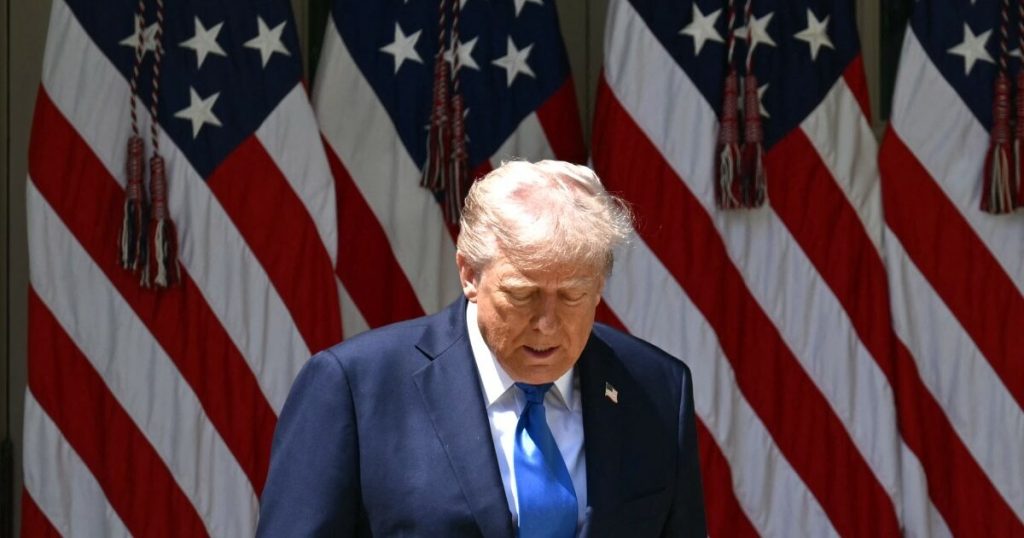Donald Trump’s recent pronouncements on Truth Social regarding the renaming of May 8th and November 11th to “Victory Day” have ignited a fresh wave of discussion surrounding his perceived attempts to reshape American historical narratives. While seemingly straightforward declarations, these proposals delve into complex layers of historical significance, national identity, and the ongoing debate over how the United States commemorates its military past. Understanding the nuances of these proposed changes requires an examination of existing commemorative practices, the historical context of the chosen dates, and the broader implications of such symbolic alterations.
The proposition to rename May 8th “Victory Day for World War II” aligns with existing commemorative practices in parts of Europe, marking the date of Germany’s unconditional surrender in 1945. However, this date carries different weight in the American historical consciousness. While the end of the war in Europe was undoubtedly a significant milestone, the war in the Pacific continued until Japan’s surrender in September 1945, following the atomic bombings of Hiroshima and Nagasaki. This distinction underscores a differing historical perspective: while Europe largely associates May 8th with the end of World War II, the United States tends to view the conflict as a unified global struggle culminating in Japan’s surrender. Therefore, designating May 8th as “Victory Day” for World War II might inadvertently diminish the significance of the Pacific theater and the sacrifices made there.
Furthermore, Trump’s rationale for the renaming, highlighting American contributions to the Allied victory, intertwines historical fact with a nationalistic undertone. While the United States played a crucial role in the war, the renaming seemingly downplays the significant contributions of other Allied nations, including the Soviet Union, which endured devastating losses. This selective emphasis on American exceptionalism could be interpreted as an attempt to reshape the narrative of World War II into a primarily American triumph, neglecting the collective effort that ultimately led to victory.
The proposed renaming of November 11th to “Victory Day for World War I” presents an even more intricate scenario, given the date’s existing significance as Veterans Day. Originally established as Armistice Day to commemorate the end of World War I, the holiday evolved into Veterans Day, honoring all American veterans who have served in the armed forces. Transforming it into a celebration solely focused on World War I victory arguably narrows the holiday’s scope and potentially overshadows the service and sacrifices of veterans from other conflicts.
Trump’s justification for these changes revolves around the notion that the United States does not adequately celebrate its military victories. This sentiment reflects a broader debate about national identity and how the country commemorates its past. While the United States undeniably possesses a rich military history, interpretations of that history vary. Some emphasize American exceptionalism and military prowess, while others advocate for a more nuanced approach that acknowledges both triumphs and complexities. Trump’s proposals appear to align with the former perspective, prioritizing expressions of national strength and victory over more nuanced reflections on the costs and consequences of war.
The potential implications of these proposed name changes extend beyond mere semantics. They represent a symbolic struggle over the narrative of American history and how the nation chooses to remember its military past. Renaming established holidays, particularly those with deep-rooted significance like Veterans Day, carries the risk of alienating certain segments of the population and sparking further division within an already polarized society. Moreover, these proposals raise questions about the role of presidential authority in shaping national memory and the potential for manipulating historical narratives for political purposes.
Ultimately, the fate of these proposed name changes remains uncertain, as no formal executive order has been issued. However, regardless of their eventual implementation, Trump’s pronouncements have reignited a crucial conversation about how the United States commemorates its military past, the narratives it chooses to emphasize, and the delicate balance between national pride and historical accuracy. This debate underscores the enduring power of symbols and their ability to shape our understanding of the past, influence our present, and potentially impact our future. It is a conversation that deserves careful consideration and thoughtful engagement from all segments of society.














